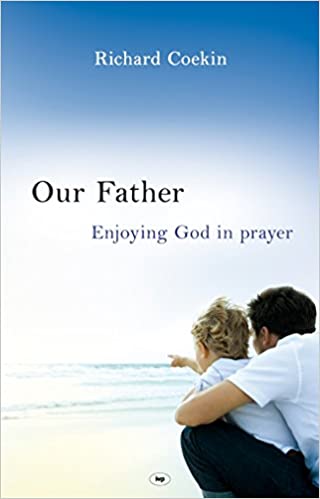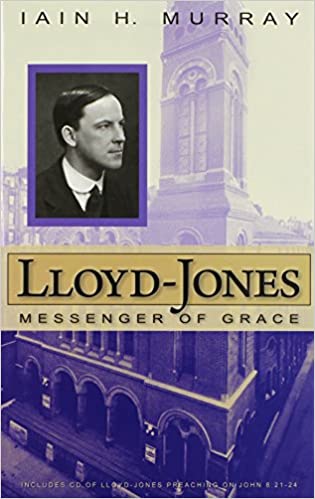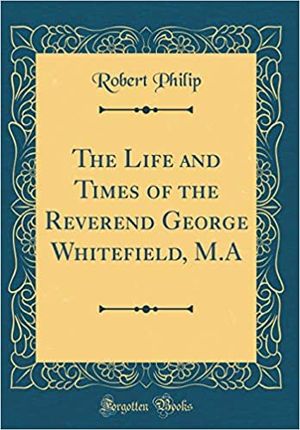Life is very precious, and to give one’s life for a cause is the greatest sacrifice we can make. But is it worth it? It depends upon what is at stake.
We admire the fireman who risks his life in the course of duty to save others. Even more do we sing the praise of anyone who dies rescuing a child from a burning house. And we all think that lifeboatmen are some of the bravest and noblest in our land.
Yes, in certain circumstances we think it a sacrifice worth making, that a man should die to save the life of another. A mortal life in exchange for a mortal life.
Immortal soul
But how few today think it worthwhile to give a mortal life for an immortal soul! Yet most of the martyrs in the history of the church did that.

They believed biblical truth to be so precious, either to their own souls or to the souls of others, that they were prepared to die for it. But no longer is this the case. We read disparaging comments about the martyrs, along the lines that, in these days of enlightened tolerance, it seems such a pity that they threw their lives away for nothing.
At the root of this new mood is the assumption that this life is more important than eternity. So the policeman who loses his life in rescuing a dog from the sea is praised, whilst men and women who die for their faith, and the integrity of their conscience, are pitied or even despised. We should not be deceived by this modern religious talk about toleration and broad-mindedness. Behind it lies a spirit of unbelief.
Snakes and tigers
William Carey’s son, William, once wrote to his father complaining of the extreme danger he and his wife Mary faced in that part of India to which he had been sent as a missionary. He was not complaining for nothing, nor was he looking for an easy life.

The district was infested with man-eating tigers and deadly snakes. He had narrowly escaped death when he was gored by a buffalo. But his life was threatened by an even greater danger, the dacoits, murderous gangs which terrified the countryside.
His intrepid father replied as follows: ‘There is much guilt in your fears, dear William. Mary and you will be a thousand times safer committing yourselves to God in the path of duty than neglecting duty to take care of yourselves’. To rescue souls from hell was a task Carey regarded as so important that even life itself was worth sacrificing in the endeavour.
Martyrdom
1993 was the four hundredth anniversary of the martyrdom of Henry Barrowe, John Greenwood and John Penry in 1593. They had sought the freedom to worship God in accordance with Scripture and had separated themselves from the established church on account of its many unbiblical practices.
One of the Separatists (as they were called) expressed their dilemma in this way: ‘it is only this matter of conscience that causeth all our sufferings’.
John Penry, writing of his wanderings in England and his banishment in Scotland, commented: ‘We are so far from hunting after the wages of unrighteousness that we freely confess ourselves to be but pilgrims and strangers upon earth: and therefore travel towards that heavenly city which our God hath prepared for us’.
Penry highlights the real issue. Is this life our all, or do we hold the world to come in greater esteem? Many professing Christians today seem willing to compromise their conscience for countless trifles. Truth seems to be of secondary importance and many are unwilling to suffer inconvenience or scorn for Christ’s sake.
But if we want to save our souls and the souls of others, we shall need to stand firm on the essential truths of the gospel without compromise. We shall be willing to suffer even death itself for the freedom of worshipping and serving God with clear consciences.
‘For scarcely for a righteous man will one die; yet perhaps for a good man someone would even dare to die. But God demonstrates his own love towards us, in that while we were still sinners, Christ died for us’ (Romans 5: 7-8). And Christ’s death was not a martyr’s death. His life was not taken away from him; it was freely given for the salvation of all those who truly believe in him

















